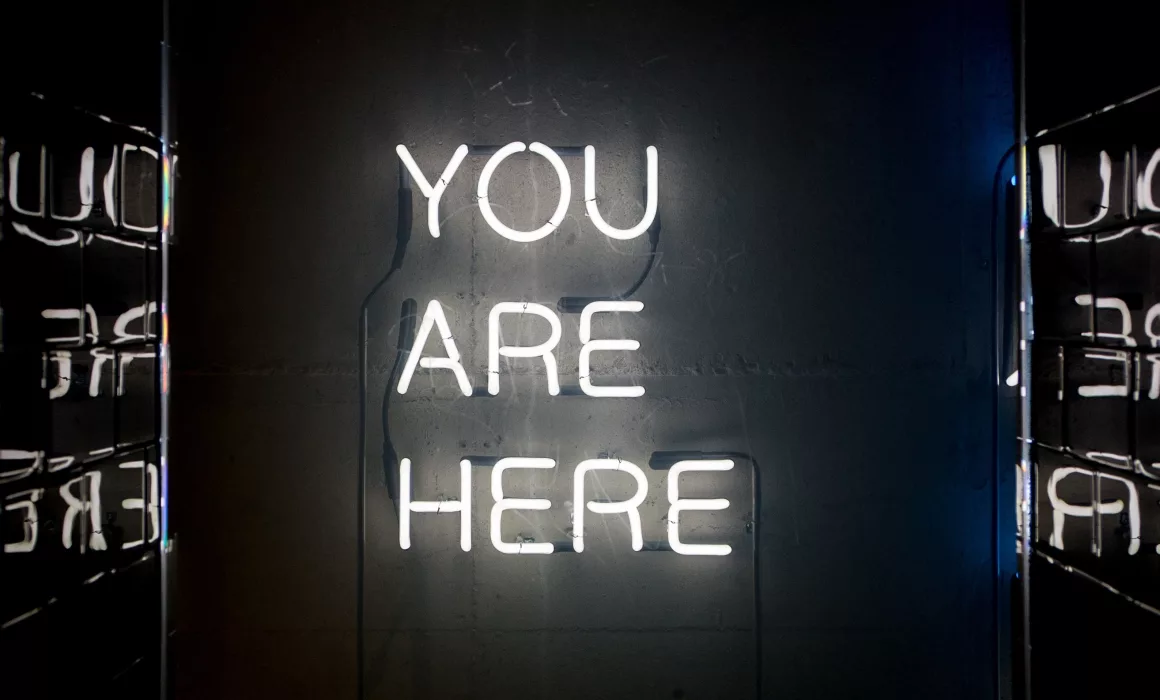Centering the Margins: Otherness and Othering
Let’s go dictionary diving. An Other is “one that is psychologically differentiated from the self” or “one considered by members of a dominant group as alien, exotic, threatening, or inferior (as because of different racial, sexual, or cultural characteristics).”
As a verb, to other is “to treat or consider (a person or a group of people) as alien to oneself or one’s group (as because of different racial, sexual, or cultural characteristics.)”
To other someone is to marginalize them, to distance yourself from them. To other entire groups of people requires dividing the world into categories of Us and Them. This division underlies hatred in the -ism and -phobia sense (sexism, racism, homophobia, transphobia, xenophobia, etc.) “You are not like me. You are different.” can morph into “You are entirely different. There is nothing in you that’s also in me. You’re bad. I’m good. You (all) are bad. We are entirely good.”
At its most extreme, the Other is transformed into an anonymous, unknowable, collective They, comprised of Its. This is a process of dehumanization, and we know how dangerous and devastating this can be. White supremacy and fanatic nationalism thrive at this end of the othering spectrum.
Feminist theory and critical race theory talk about centering the margins, creating a space where historically silenced voices can speak and be heard, understood, and known, so that these constructed divisions between Us and Them can begin to be dismantled.
This othering process happens inside ourselves too.
Internally, we other parts of ourselves, forming deep unprocessed beliefs. Maybe some of these sound intimately familiar to you. Maybe they’re so ordinary that you don’t even notice when they’re operating.
I’m good when I’m happy. I’m good when I’m patient, grateful, optimistic. I’m good when I have no needs.
When I’m mad, I’m bad. When I’m sad, I’m bad. When I feel anxious, hurt, tender, sensitive, vulnerable, jealous, I’m bad.
I’m never mad, sad, hurt, jealous, lonely…
Which of your identities have been marginalized historically? Which are marginalized in society today? What parts of you are marginalized in your closest relationships? What parts of yourself do you marginalize internally?
Which of your thoughts and feelings do you allow in, and which ones do you other? Which ones are you afraid of? Which ones do you hate?
Maybe your first impulse is to get rid of these no good, very bad parts of yourself.
But what would happen if you tried to get to know them first? What if they became less threatening and more understandable?
What would happen if you centered the margins of yourself?
“I don’t know” is an ideal starting point for therapy. In therapy, you can begin to give voice to what’s been marginalized within you, societally and internally.
If you’d like to get started, drop me a line.
Take care,



